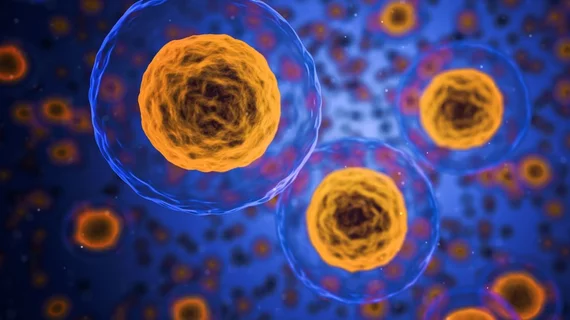Sole scientist uses open-source AI software to unlock protein folding
A Harvard Medical school research fellow has used deep learning to predict the structure of any given protein based solely on its amino acid sequence.
The advance—made using open-source software in the public domain—has the potential to transform virtually all facets of biomedical research, according to a study published online April 17 in Cell Systems.
In coverage of the development by Harvard’s news division, the researcher, Mohammed AlQuraishi, PhD, said protein folding—the process by which a protein structure assumes its functional shape—has preoccupied biochemists over the last half century.
Essentially all biological processes are performed or affected by proteins, so understanding and predicting how they fold can inform clinical research into all manner of diseases and health problems.
“We now have a whole new vista from which to explore protein folding, and I think we’ve just begun to scratch the surface,” AlQuraishi said.
His work may challenge that of the scientists behind Google’s AlphaFold, which uses AI to predict protein folding not by analyzing its amino acid sequence but by combing massive volumes of genomic data.
AlQuraishi’s academic mentor, Peter Sorger, PhD, commented on that aspect of the achievement.
It’s remarkable, Sorger said, that a single research fellow working with open-source software can compete with the likes of Google in one of the hottest areas of computer science.
Get the full story from Harvard Medical School:

